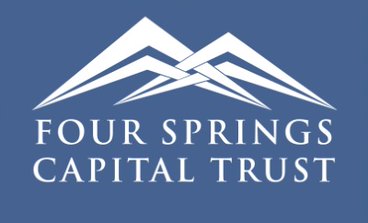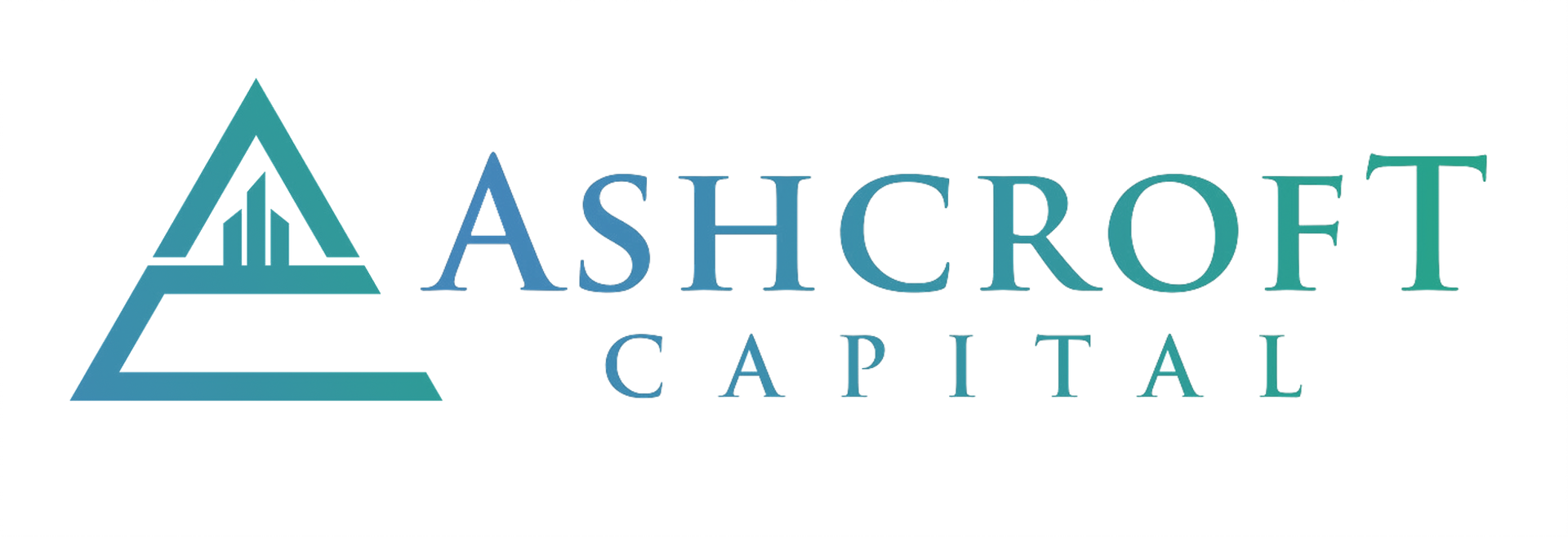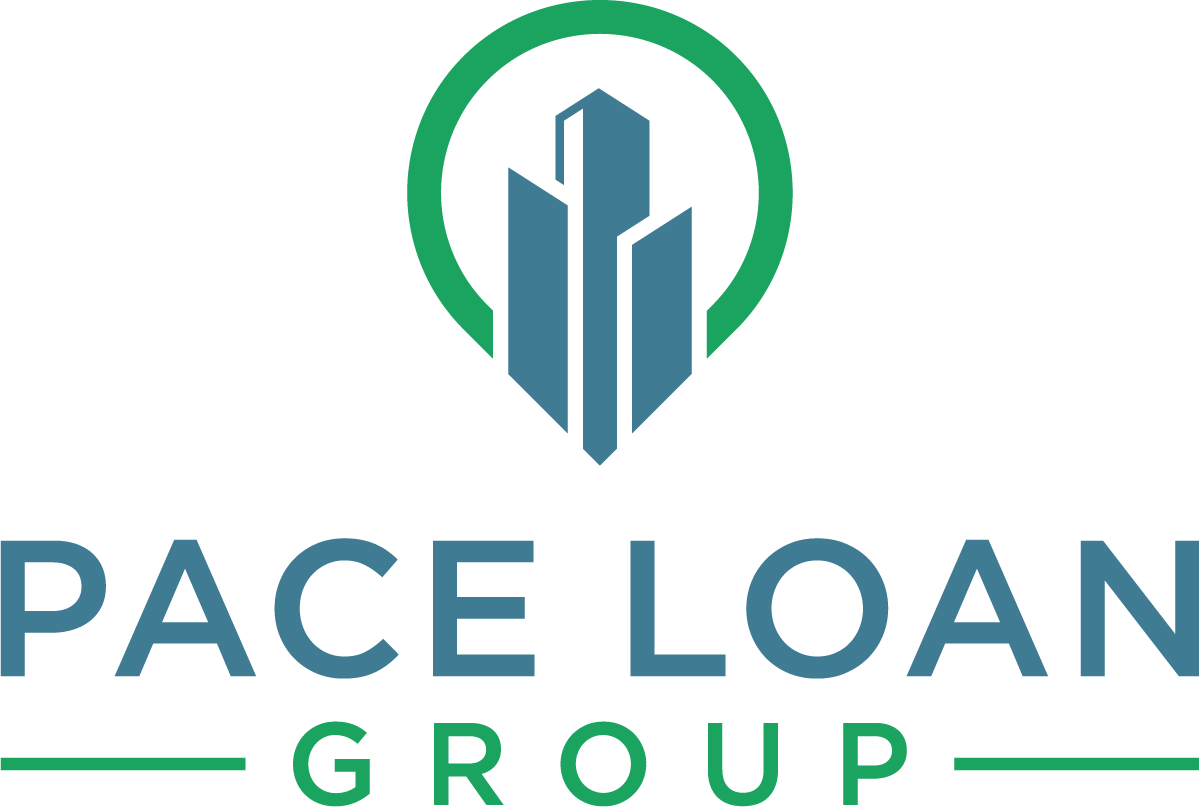
Now Available On Demand
The commercial real estate market has turned a corner, thanks to a recovering economy and increasing demand in virtually all asset classes. Nearly every segment of the industry is now in the midst of a robust recovery from pandemic-led shutdowns.
What impact will inflation, interest rate hikes, labor shortages and increased costs for construction materials have on commercial real estate owners and investors? And what are the new private investment structures that will help fuel what many now foresee as a record year for commercial real estate investment?
Join us as thought-leaders in commercial real estate ownership and investing explain how they're successfully approaching the market in 2022.
Platinum Sponsor
What Makes Grocery-Anchored CRE an Essential Asset Class for Every Investor
Available On Demand
Sponsored by:

The anchor tenants of a commercial real estate property are one of the most important factors of an investment opportunity. Strong anchor tenants come with a number of benefits like lower credit risk, higher foot traffic, and the ability to attract other tenants to the property.
CIMA®, CPWA®, CIMC®, RMA®, and AEP® CE Credits have been applied for and are pending approval.
Secure, Stable Returns: Why You Need to Add Medical Office Buildings to Your Portfolio Today
Available On Demand
Sponsored by:

A little understood niche real estate asset class that beats all the rest are medical office buildings (MOB) and Ben Reinberg, CEO at Alliance has been delivering outsized returns to investors in MOB for over 27 years. It is well known that investing in hard assets like real estate is an excellent hedge against inflation and provides stability during times of stock market volatility.
CIMA®, CPWA®, CIMC®, RMA®, and AEP® CE Credits have been applied for and are pending approval.
The ABCs of DSTs
Available On Demand
Sponsored by:

Join industry experts William Dioguardi, CEO of Four Springs Capital Trust and Rob Johnson, Head of Wealth Management at Realized 1031 as they discuss the growth in the Delaware Statutory Trust (DST) market and why it is important for advisers to understand the opportunities and risks inherent in DSTs.
CIMA®, CPWA®, CIMC®, RMA®, and AEP® CE Credits have been applied for and are pending approval.
Real Estate Roundtable - Market Sentiments, Taxes and Best Practices
Available On Demand
Sponsored by:

The past year was unmatched in terms of how many quick pivots businesses across nearly every category had to make. This panel of CFOs and Real Estate Executives provides an expert view on the new challenges and opportunities that emerged, the general business sentiment, fundraising in today's market environment, investor expectations and the biggest pain points and learnings from tax season.
CIMA®, CPWA®, CIMC®, RMA®, and AEP® CE Credits have been applied for and are pending approval.
How Investment Firms and Investors Are Approaching Multifamily After The Pandemic
Available On Demand
Sponsored by:

Apartment rents and occupancy have remained robust. Inflation has entered the economy and despite the economic impact and disruption, apartments remain on strong footing. But what is the best path forward from here?
CIMA®, CPWA®, CIMC®, RMA®, and AEP® CE Credits have been applied for and are pending approval.
The Brand-new World of Investing in Real Estate Online
Available On Demand
Sponsored by:

Marking the 10-year anniversary of the passing of the JOBS Act of 2012, in this presentation you will learn how private equity real estate investing was legalized for everyone, became mainstream, and what you can do to benefit.
CIMA®, CPWA®, CIMC®, RMA®, and AEP® CE Credits have been applied for and are pending approval.
Using C-PACE to Reduce Equity and Enhance IRR
Available On Demand
Sponsored by:

Property Assessed Clean Energy is a compelling addition to the capital stack. But as a developer or investor, you might have questions about "What benefits does it offer me?" "Does this help me raise better capital?" Commercial Property Assessed Clean Energy (C-PACE) has often been referred to as 'alternative financing,' with substantial benefits seen in practice.
CIMA®, CPWA®, CIMC®, RMA®, and AEP® CE Credits have been applied for and are pending approval.
Tax-Advantaged Finance for Syndicated Real Estate Investments
Available On Demand
Sponsored by:

In the world of real estate private equity, sponsors have a world of options when raising funds for acquiring new properties. Amidst the fierce competition for investor capital, one of the strategies that can help a sponsor stand out is offering tax-efficient ways to join the project.
CIMA®, CPWA®, CIMC®, RMA®, and AEP® CE Credits have been applied for and are pending approval.
REGISTER NOW – Please select the webcast(s) you wish to attend and enter your contact details
Sponsors
The sponsors may contact me directly about industry news, products, services and events that may be of interest to me subject to their privacy policy. The sponsors are:
- First National Realty Partners
What Makes Grocery-Anchored CRE an Essential Asset Class for Every Investor - Alliance Consolidated Group of Companies, LLC
Secure, Stable Returns: Why You Need to Add Medical Office Buildings to Your Portfolio Today - Four Springs Capital
The ABCs of DSTs - AppFolio
CRE Tax Season Best Practices or Maximizing Your Competitive Edge During Tax Season - Ashcroft
How Investment Firms and Investors Are Approaching Multifamily After The Pandemic - GowerCrowd
The Brand-new World of Investing in Real Estate Online - Pace Loan Group
Using C-PACE to Reduce Equity and Enhance IRR - Falcon Rappaport & Berkman PLLC
Tax-Advantaged Finance for Syndicated Real Estate Investments